Testing carried out in Bnei Brak show that for every three residents tested, one is positive for the coronavirus.
Bnei Brak has a 34% rate of infection compared to 6% in Tel Aviv and 10% in Jerusalem. In Jerusalem, the biggest city in Israel with a population of almost 900,000, there are 568 coronavirus patients, and in Bnei Brak, with a population of 198,863, there are 505 patients.
Four testing and treatment centers opened in Bnei Brak on Tuesday morning as well as an MDA drive-through testing station.
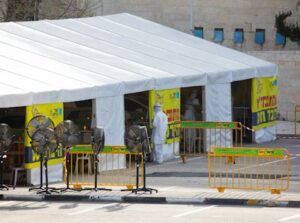
Health Minister Yaakov Litzman has requested from Prime Minister Binyamin Netanyahu to impose a lockdown on the city of Bnei Brak, with police guarding entrances and exits and authorities distributing groceries to residents to ensure they stay at home.
A Walla report on Tuesday said that an internal hospital directive at Sheba Medical Center, near Tel Aviv and Bnei Brak, instructed medical staff to divert Chareidi patients from the emergency room to an isolated area. The regulation applies to residents of Bnei Brak, Modiin Ilit and Elad and other areas even if the patients report that they are not having symptoms of the virus or have not been exposed to it.
“When I see a Chareidi person, I immediately think he has coronavirus,” a senior health official told Walla. “This is the right thing to do, it is our obligation to do it this way.”
The hospital directive added that there are six primary risk factors of exposure to the coronavirus: people in contact with someone diagnosed with the virus, people who returned from abroad, patients who recently received medical care, people already admitted to the hospital, patients from the Palestinian Authority and Chareidi residents of Bnei Brak, Elad and Modiin Illit.
A Times of Israel report said that a Sheba Medical Center spokesperson “implicitly confirmed” the report, saying that the hospital screens all patients from virus hotspots, both religious or secular and the policy is not discriminatory toward Chareidi patients.
“There is no separation — religious and secular are treated the same,” the spokesperson said. “If you come from a hotspot we work to keep those people together. If a non-religious person came from Bnei Brak he would be treated the same way.” The spokesperson said that every hospital is now checking people for hotspots.
The Times of Israel report also quoted a Haaretz report that the Sheba policy of diverting virus hotspot patients upon arrival at the ER will be implemented at all hospitals and that Sheba was the first to implement it since it receives so many patients from Bnei Brak.
(YWN Israel Desk – Jerusalem)

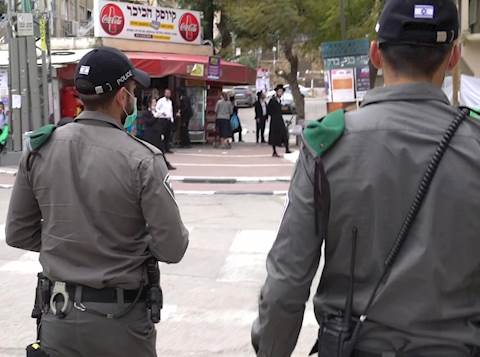
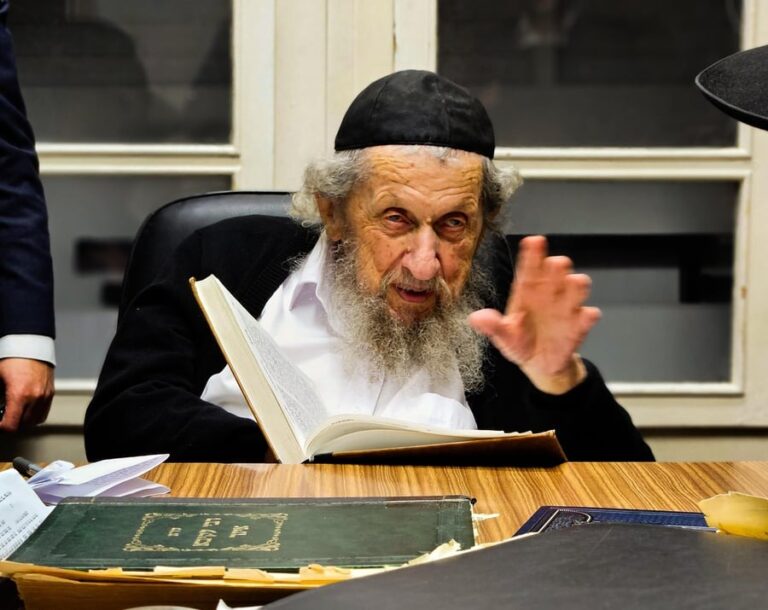
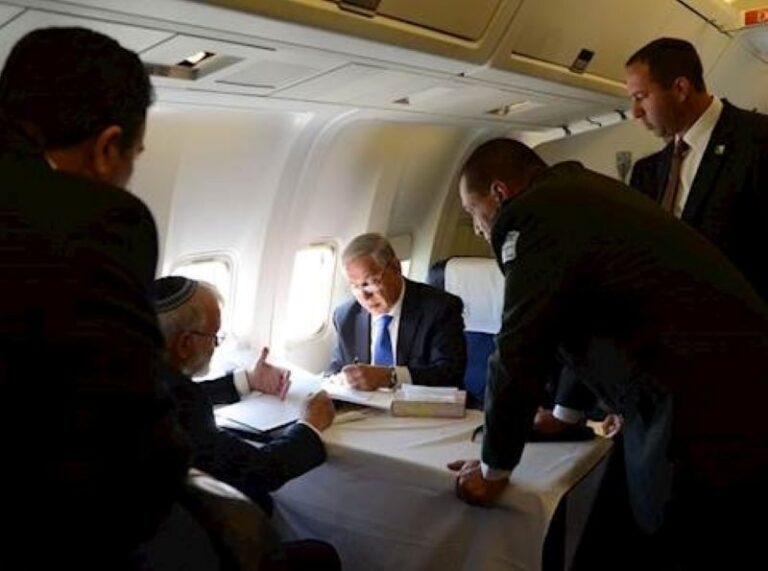
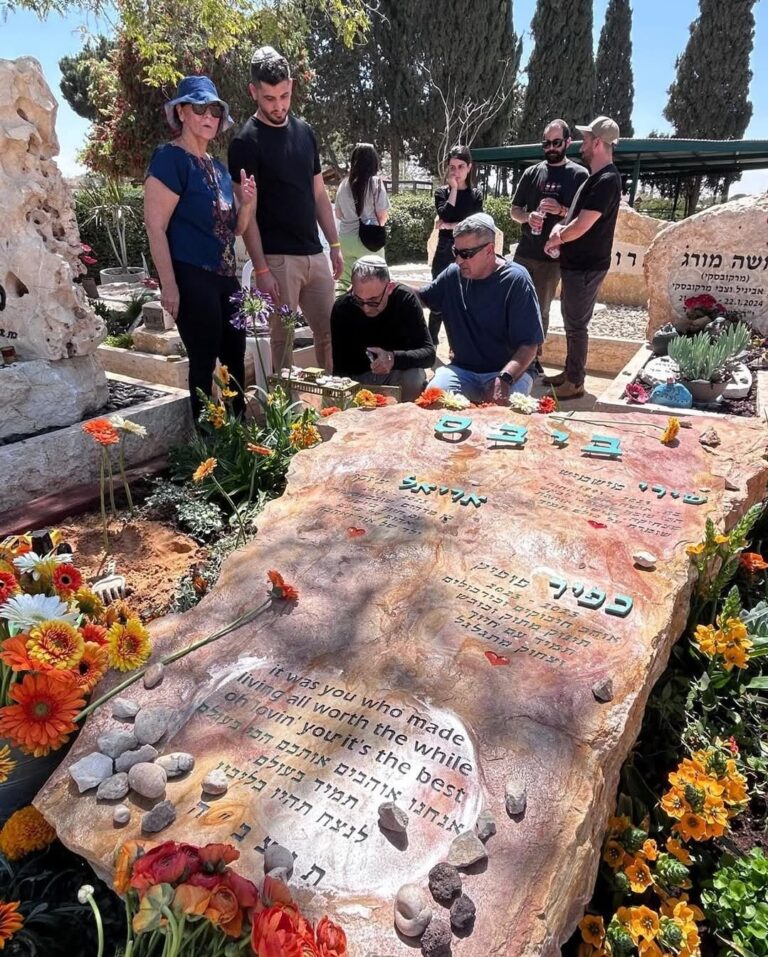


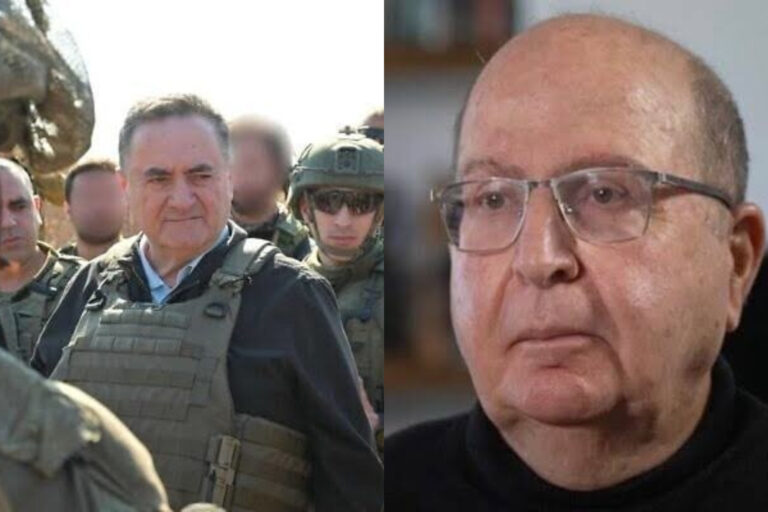
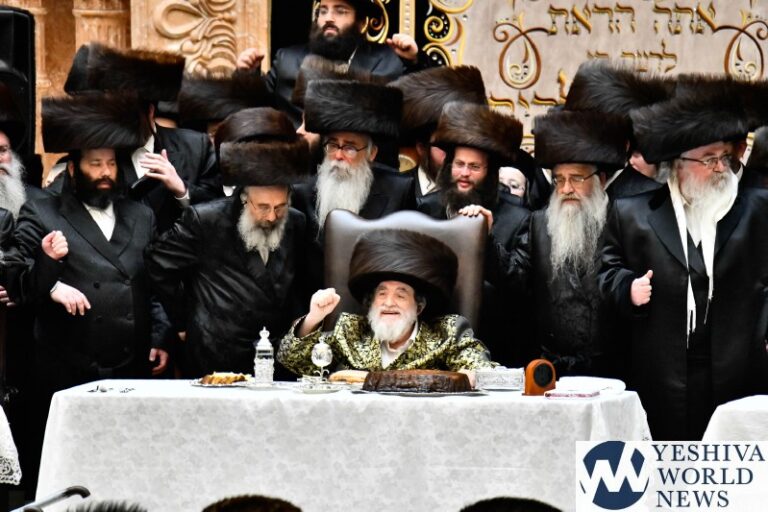
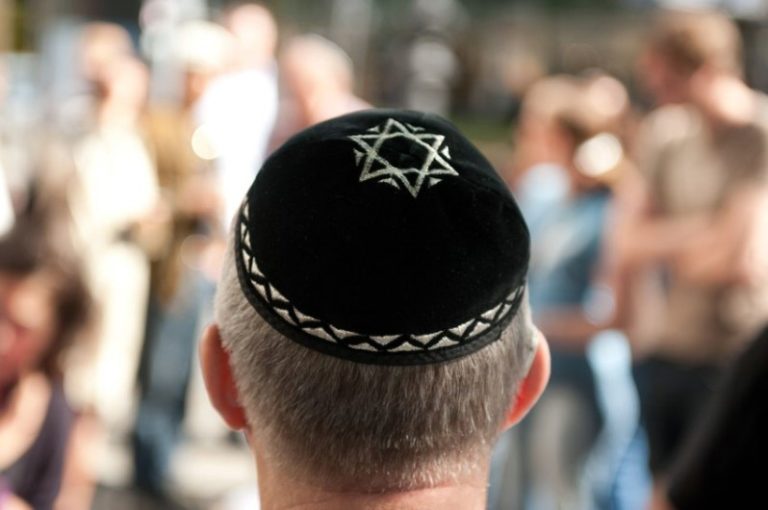
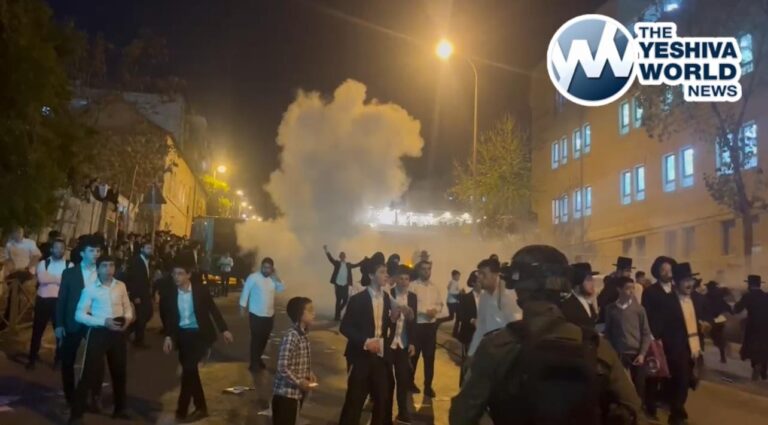
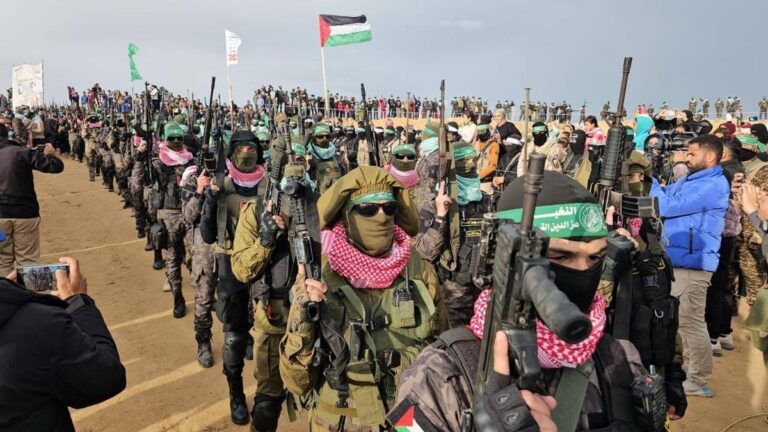
One Response
wow, this is a very high number!